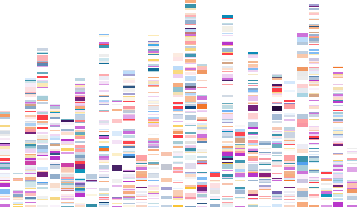FAQs
What does this report imply?
Is this information important to the oncologist?
What are adverse drug reactions (ADRs)?
Is this based on any guidelines and are these applicable to all populations?
How is this report useful?
Which major drug classes related to Oncology are covered under PGx-Oncology test?
How will the genetic variants impact the functioning of the chemotherapeutic agents? Explain some.
What is meant by palliative care?
What are the major symptoms that are managed in palliative care?
How does palliative care benefit cancer patients?
Does PGx-Oncology test include medications used in palliative care?
Who can benefit from the PGx-Oncology test?
Will following the report help me with better treatment outcomes?
What are the advantages of undergoing a PGx-Oncology test?
Can I get tested for genes influencing drugs other than oncology?
What type of sample is required?
What is the technique used here?
Was the PGx-Oncology test validated?
How was the validation done?




